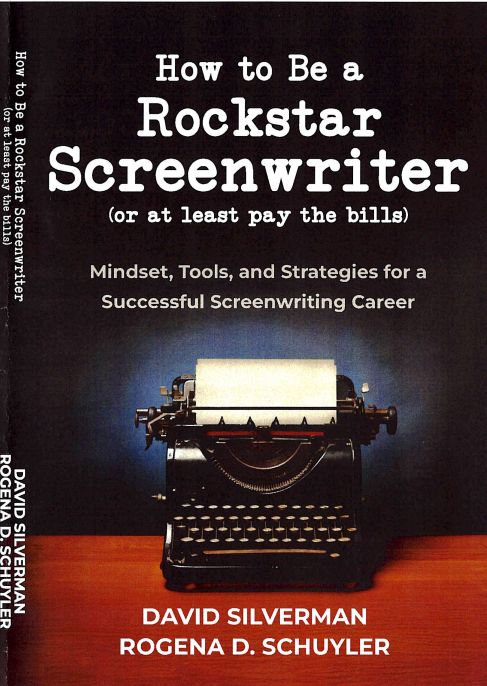If you’re trying to shoot your scripts as low-budget features, a social media presence is pretty important. Here are some quick ideas about where to look for funds in the internet.
There are sites online like Kickstarter and Indiegogo for crowdfunding. They both take in the neighborhood of a 5% platform fee, plus 3-5 % processing fees.
Seed & Spark is slightly different, in that they are selective about the projects they’ll consider for crowdfunding. They don’t post just any film project they get, they cherry pick projects they’ll set up for funding.
Pozible is an Australian crowdfunding site that has launched over 6,000 film projects. Fundrazr is a Canadian crowdfunding site that supports all kinds of projects, including film projects. Both are available to international filmmakers.
There are many other ways to raise funds for your low budget film.
There are groups on LinkedIn you can join and find out about funding. One such group is called Film Financing Group.
The idea is to make friends on the site, then once you’ve created a relationship, ask for help raising funds. Similarly, Facebook has The Indie Film Scene, and the Independent Film Society.
Meetup.Com has lots of groups for writers and filmmakers. There’s one in Santa Monica Called the Film Funding Club.
Again, growing relationships is what it’s all about. Become part of the community before you ask “what can you do for me?”
Attaching talent is another way to improve your chances of funding an independent film. If you can find a director and some actors with some buzz, it’s a huge advantage in fundraising.
There are people who will provide what they call “matching funds,” if you can get your script to a star (who can carry a movie) and get them to sign a letter of intent.
Join LA Creative Professionals, for more free tips, answers, to network, or just reach out.
David Silverman/ veteran Film/TV writer/Exec Producer/ check my site Hollywoodscriptwriting.com


